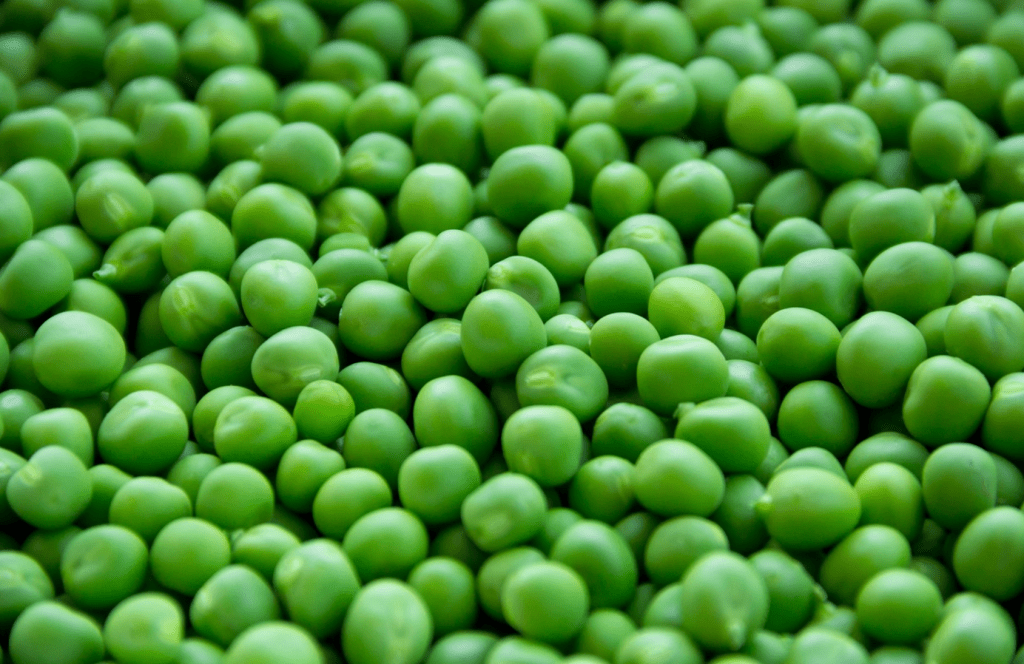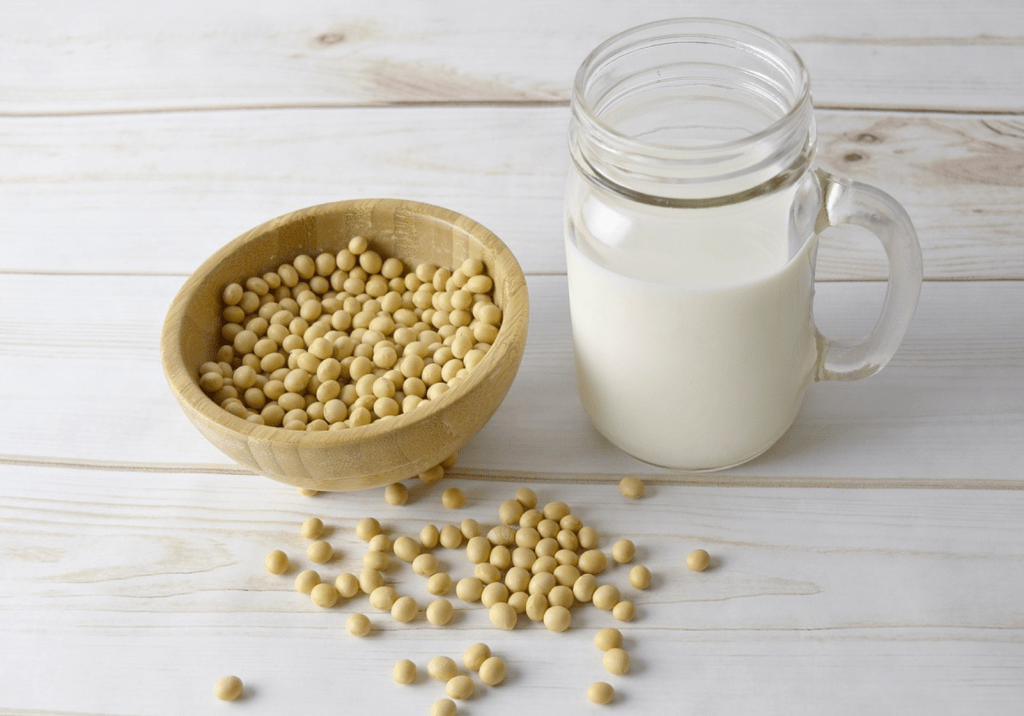The surge in plant-based protein powders is beneficial for vegans and vegetarians. However, a myriad of options might cause uncertainty and indecisiveness. This article sheds light on two popular choices—pea protein and soy protein—to enable you to select the most suitable one for your needs.
Desired attributes for a protein powder include good taste, ability to provide necessary nutrients and absence of harmful side effects. To facilitate better decision making, let’s delve into these two options.
Process of Making Pea and Soy Protein Powder
Protein powder is made by extracting protein from food sources. Registered dietician and certified athletic trainer Dana Angelo White, MS, RD, ATC, explains that for pea and soy protein powder, yellow peas and soybeans are milled respectively, followed by conversion into powder via dry separation or wet processing methods.

The dry separation process results in protein concentrate by segregating the fine protein powder from the coarse starch powder. On the other hand, wet processing leads to protein isolate by forming a water-based solution of the plant protein and subjecting it to a centrifuge.
The key distinction lies in the higher protein content with negligible carbs or fat in isolate, whereas concentrate contains lesser protein and more carbs and fat. According to the Food and Agriculture Organization of the United Nations, isolated protein is at least 90% protein by weight, and concentrate is at least 70%.
Comparative Nutrition of Pea and Soy Protein
While exact nutritional facts varies across brands, let’s see how these protein powders stand against each other.
| Pea (100g) | Soy (100g) | |
| Calories | 360 | 388 |
| Protein | 60g | 56g |
| Fat | 4g | 6g |
| Carbs | 24g | 29g |
| Fiber | 4g | 7g |
The remarkable difference lies in the type of protein each provides. Soy is a complete protein providing all nine essential amino acids in suitable amounts, whereas pea is an incomplete protein.
Can Pea Protein Aid Muscle Building?

Despite being an incomplete protein, pea protein can effectively aid muscle building due to its high leucine content. Bot pea and soy proteins have branched chain amino acids (BCAAs), known for muscle building and maintenance. Regardless of your preference, both powders can help attain your goals.
Side Effects of Pea Protein vs. Soy Protein
Response to protein powders varies across individuals due to base ingredients or presence of other ingredients like sugar alcohols, which might cause bloating. According to White, there’s no scientific evidence suggesting pea protein powder as inflammatory. Most people without soy allergies digest soy without difficulty.
Soy contains organic molecules called isoflavones that might aid health maintainance. However, isolated soy protein has minimal isoflavones as 80 to 90 percent are lost during processing.
Final Verdict
Both pea and soy proteins are viable options. Pea protein has marginally higher levels of certain amino acids and may be easier to digest for some. Both have similar levels of protein and fiber and soy need not be avoided unless allergic.
Both are excellent plant-based options. Everyone tolerates protein powders differently, so it comes down to personal preference and tolerance.



+ There are no comments
Add yours